Cast: Arjun Ashokan, Anaswara Rajan, Hakkim Shah, Manoj K.U., Mamitha Baiju, Miya George, Sreedhanya
Director: Nikhil Muraly
Language: Malayalam
Director Nikhil Muraly’s Pranaya Vilasam (Abode of Love) is centred around the home of a college student called Sooraj (Arjun Ashokan) who is not on talking terms with his father, a local government official named Rajeevan (Manoj K.U.). The estrangement is a fallout of Rajeevan obstructing the boy’s pursuit of a career in music. Their house is a cold place where Dad also shows zero interest in his wife, Sooraj’s mother Anusree (Sreedhanya). He grows even more distant from his family when Meera (Miya George), the girlfriend of his youth, arrives in town.
With these ingredients in the mix, you might imagine that Pranaya Vilasam is about following your dreams, regrets and second chances, but it tries to be more than that. A dramatic turn of events sends Sooraj and Rajeevan on a road trip on which they are forced to view Anusree through a fresh lens. Obviously, this is a story with immense potential. How often does Indian mainstream cinema remind us that the woman we call Mom is a full-fledged human being with desires of her own and an identity independent of ours, who had a life before we knew her? Pranaya Vilasam’s progressive theme and intentions are, however, marred – ironically – by a limiting male gaze on women, poorly developed female characters and a hesitation to be outrightly critical of a man’s infidelity.
Written by Jyothish M. and Sunu A.V., Pranaya Vilasam travels back and forth in time post-interval to make its point. Cinematographer Shinoz takes advantage of the father and son’s journey to serve us delicious views of the Kerala countryside. While the music by Shaan Rahman is moderately engaging in the first half, it becomes annoying in the second half when an over-emotional signature tune is assigned to a thread involving actors Anaswara Rajan and Hakkim Shah.
That thread is the most clearly defined part of Pranaya Vilasam (although the streak of classism in its sense of humour is incredibly thoughtless). Both actors are charming, but of the two of them, Hakkim’s Vinod is the one given more space in the script to grow as a person. Still, Anaswara plays the best written of the women characters in a plot filled with half-baked women. Of the others, Meera’s motivations are under-explored, and Mamitha Baiju as Sooraj’s possessive, controlling girlfriend is marginal and a cliché. The one who is dealt the worst hand though is Anusree in her time as wife and mother, which, it must be said again, is ironic since the entire thrust of the film is to exhort us to see her as more than wife, mother and household help.
Games
View AllThe atmosphere in Sooraj’s house is established well through the chorus of constant demands that the father and son make on Anusree – “Ammey, chaaya” … “kaapeee!” – no different from what a domestic worker would have to contend with. However, she remains just a device to showcase the men’s attitude to her, but the script ignores her own character in this phase of her life**.**
The Malayalam film industry’s ageism towards women actors is also glaring in the casting and dialogues of Pranaya Vilasam. Meera and Rajeevan are supposed to be contemporaries although Miya George and Manoj K.U. do not come across as being the same age. The characters were college sweethearts who have not met for over two decades, hence presumably they are in their mid 40s. The Net tells me Miya is 31, which means that in keeping with prevailing mindsets among filmmakers, a woman actor who is actually in her mid-40s and actually appears like she might be Manoj’s contemporary was considered unsuitable to play Rajeevan’s attractive ex. And get this – Sooraj is drawn to Meera in the way he is drawn to pretty much every pretty woman he sees, and one of his friends pointedly tells him that she looks too old for him. Media reports say Arjun Ashokan is 30. I rest my case with an exasperated eye-roll.
The conversations between Rajeevan and Sooraj while they are on the road lead to some contemplative moments with promise that is never fully realised due to the kid gloves the writers use on Rajeevan. Whether they are constrained by their own conservatism, a fear of antagonising conservative viewers in the audience or social conditioning, the result is that they walk on eggshells around him. And so, the script does not let anyone counter with clarity and vehemence the false equivalence he implies between his conduct in the present and his wife’s past choices that are, in fact, unimpeachable (I cannot elaborate further without giving away spoilers). Sooraj prods Rajeevan gently about his double standards towards Anusree – so gently that it is evident the writing is wary of calling him out for precisely what he is: a hypocrite.
The acting is efficient all around. Apart from Anaswara and Hakkim, the performance that goes beyond that comes from Manoj who tops his work in Thinkalazhcha Nishchayam here by giving Rajeevan just the right touch of diffidence to make him not so much an out-and-out creep as a disgruntled individual wallowing in middle-aged angst.
Pranaya Vilasam wants to break new ground but is either too afraid or unable to go the whole hog. Neither here nor there is nowhere, and consequently, it ends up being lukewarm. Ultimately then, Pranaya Vilasam becomes a metaphor for Anusree and Rajeevan’s lives: this is a film that is far less than it could have been.
Rating: 2.25 (out of 5 stars)
Pranaya Vilasam is in theatres
Anna M.M. Vetticad is an award-winning journalist and author of The Adventures of an Intrepid Film Critic. She specialises in the intersection of cinema with feminist and other socio-political concerns. Twitter: @annavetticad, Instagram: @annammvetticad, Facebook: AnnaMMVetticadOfficial
Read all the
Latest News,
Trending News,
Cricket News,
Bollywood News,
India News and
Entertainment News here. Follow us on
Facebook,
Twitter and
Instagram.


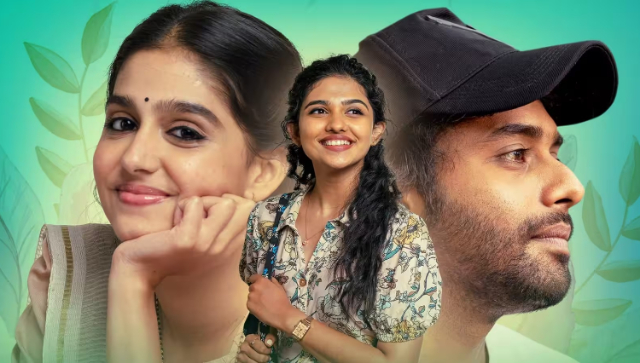)
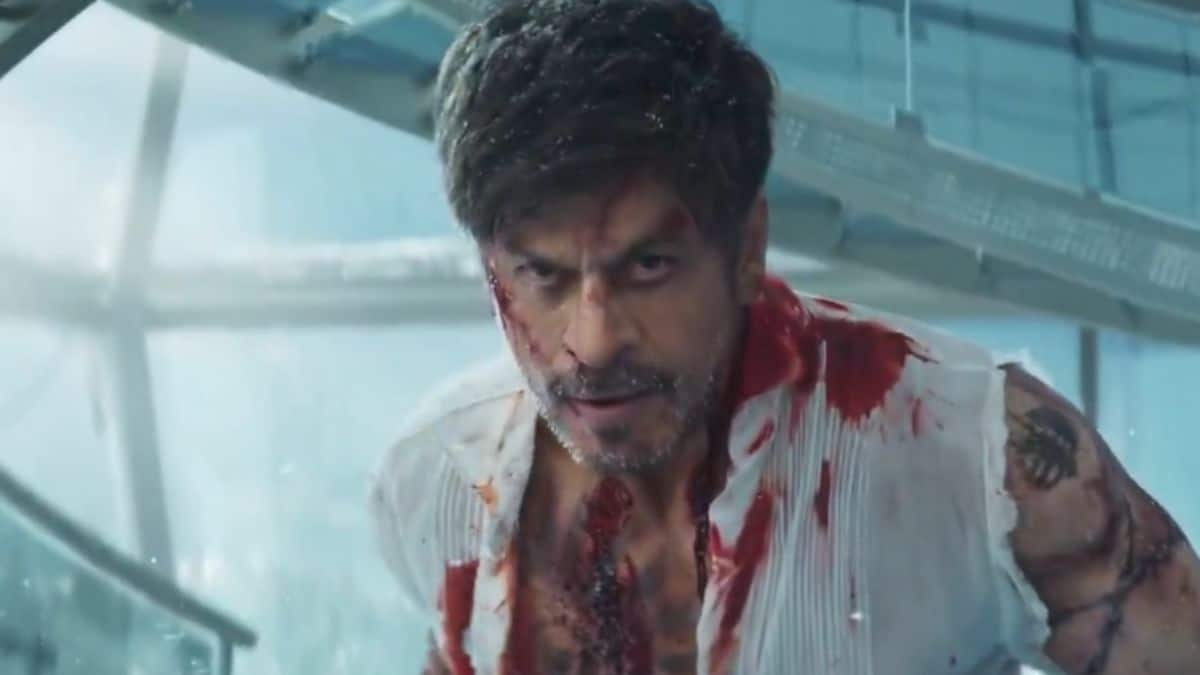
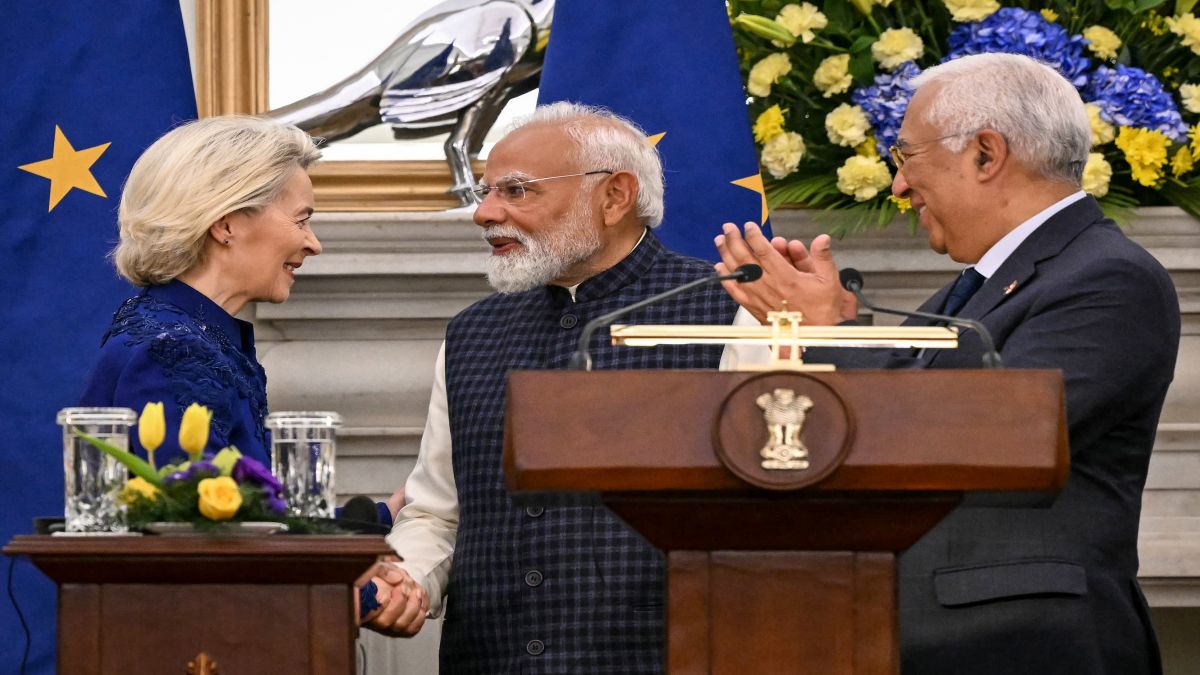)
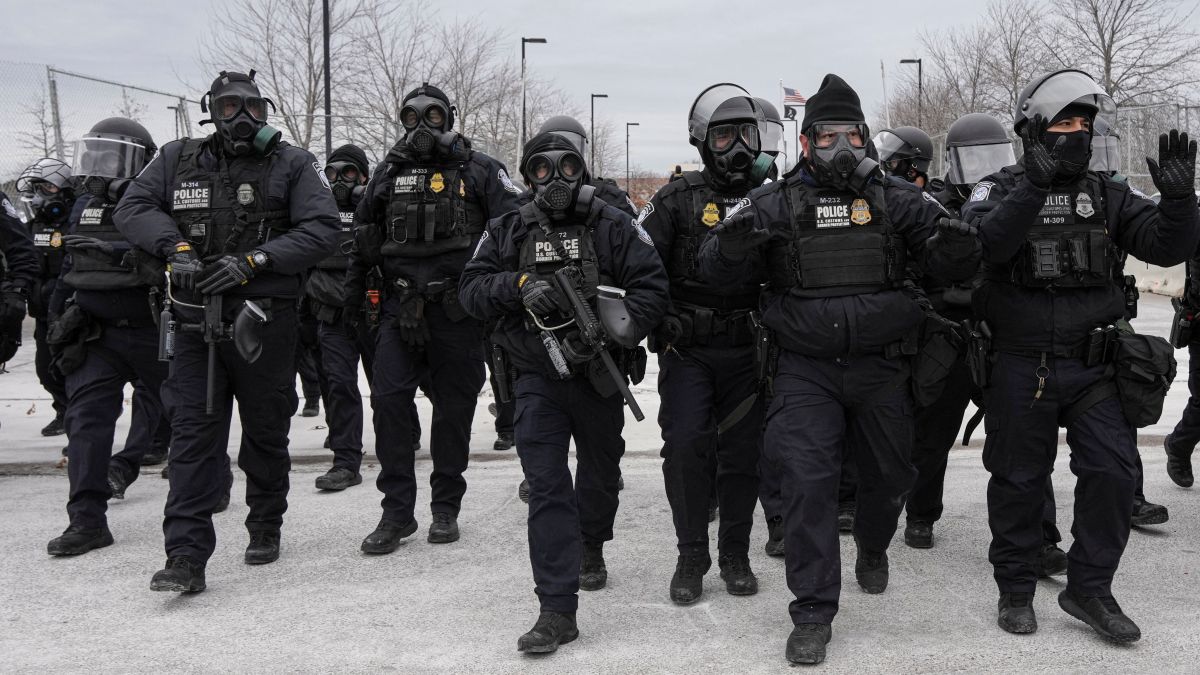)
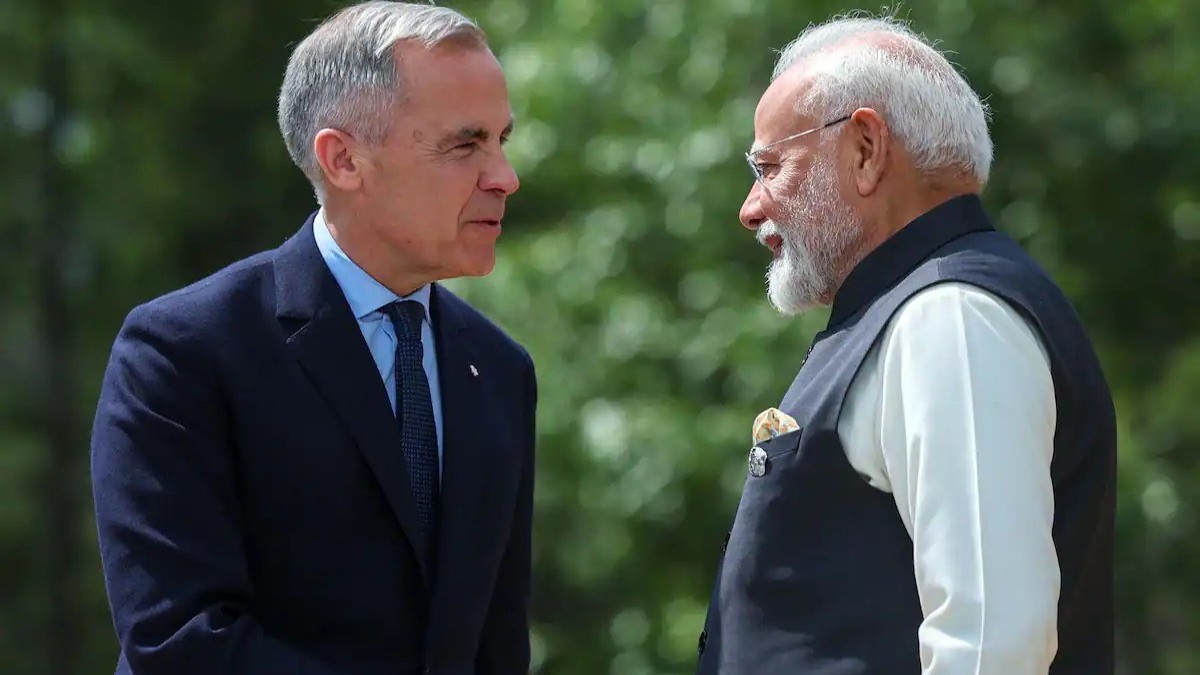)
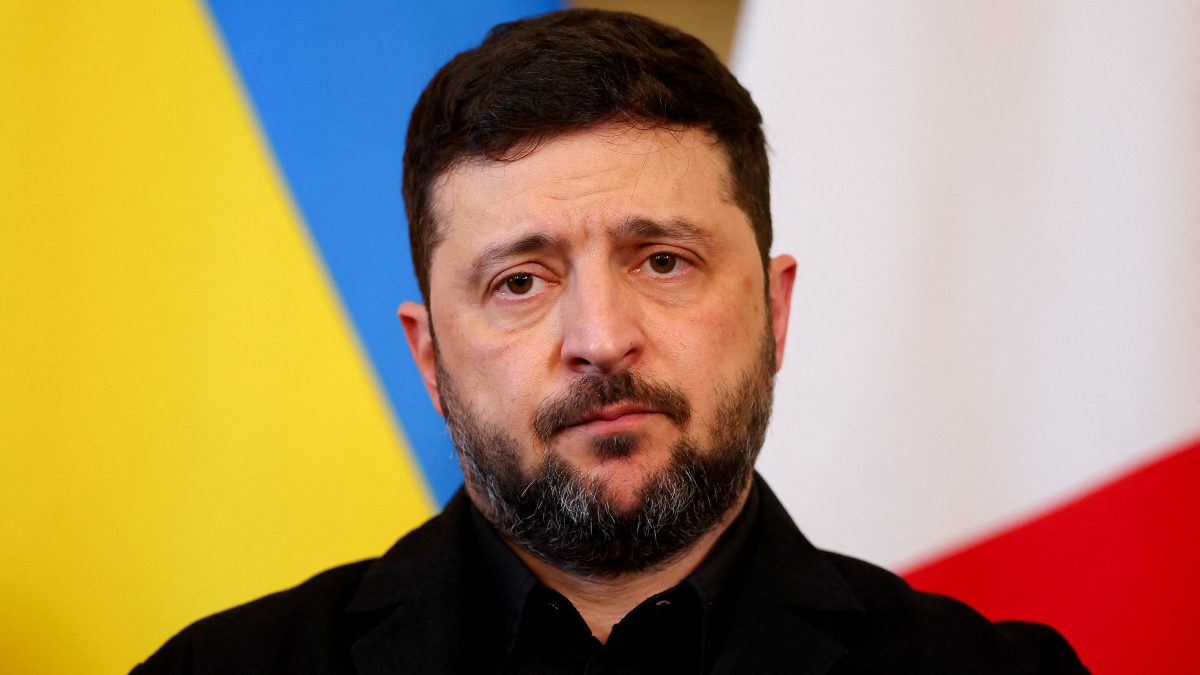)
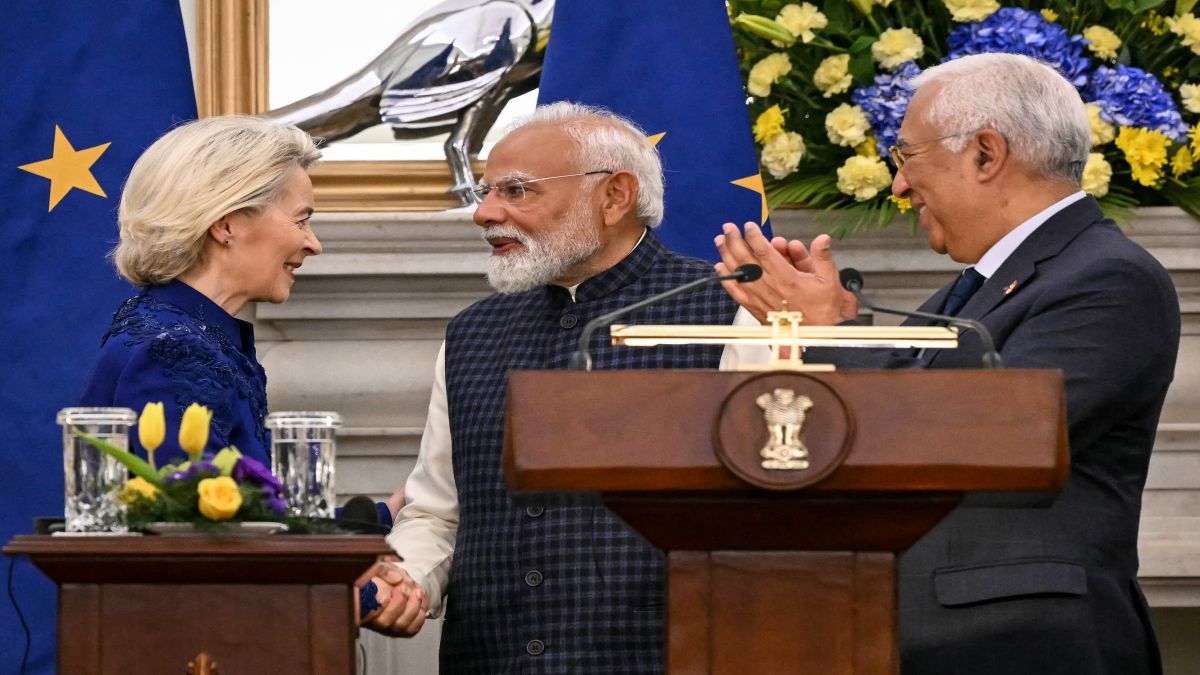)
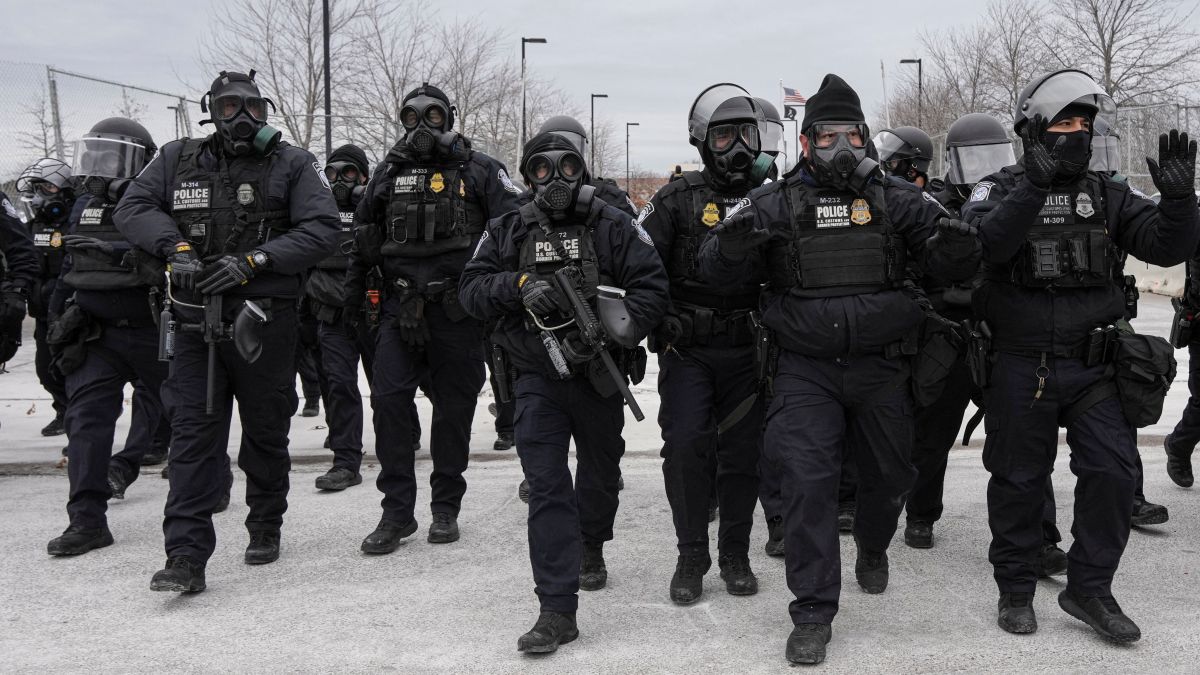)
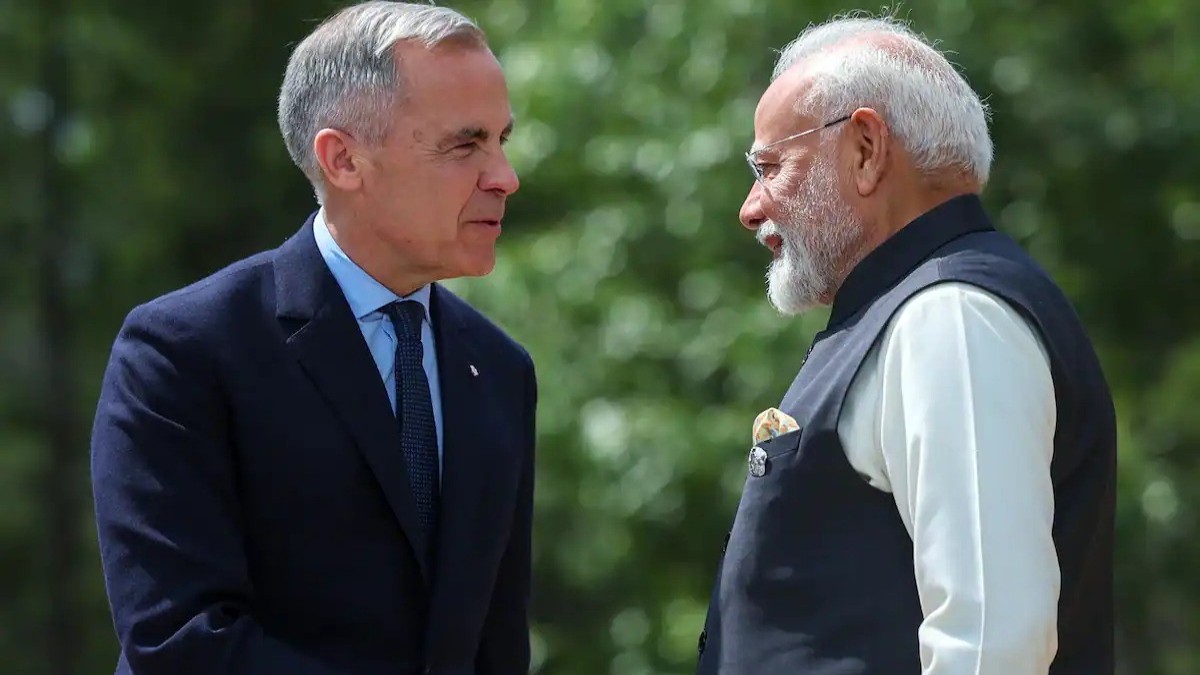)
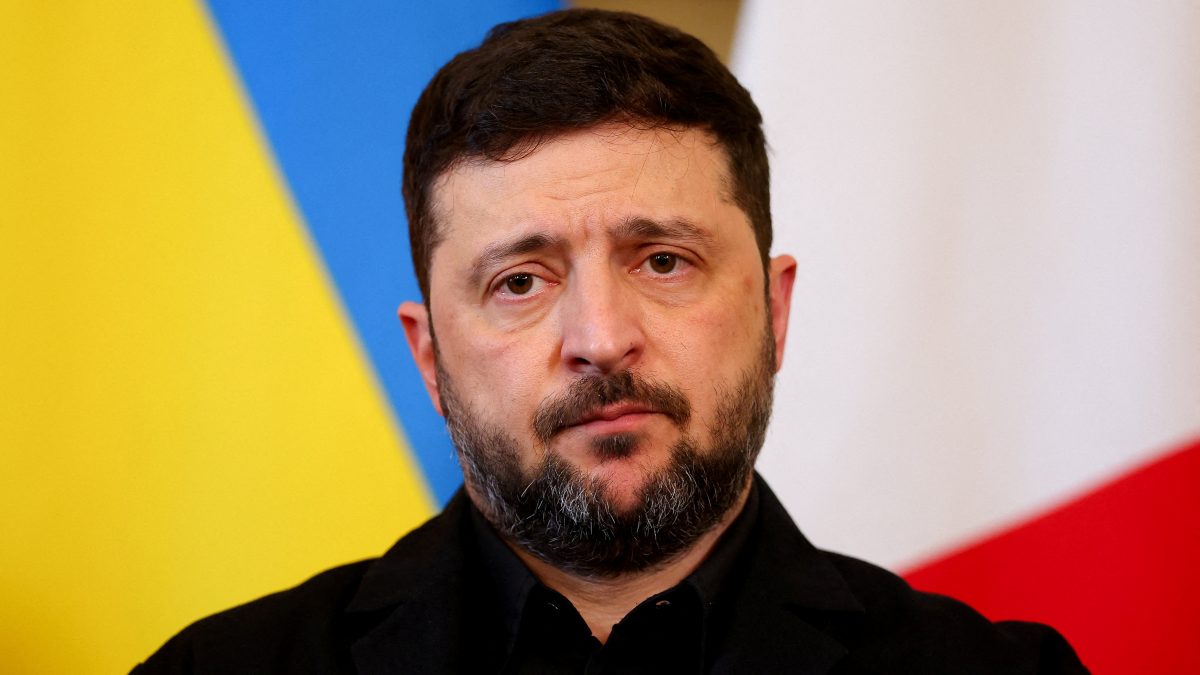)



